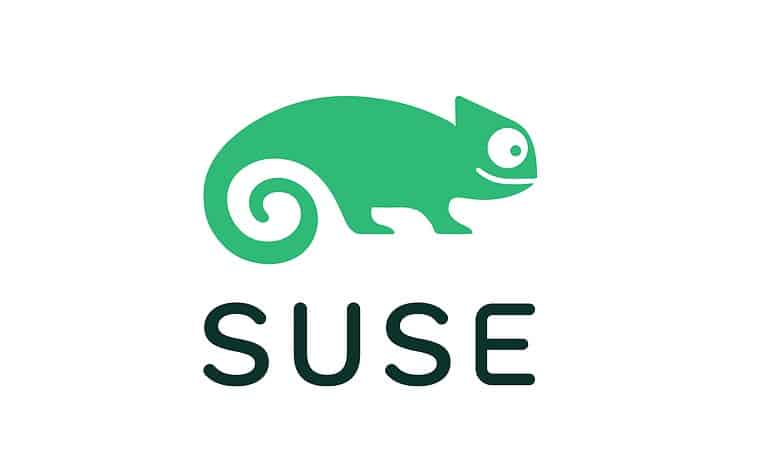Red Hat has ended public open-source access to its own Enterprise Linux (RHEL), and not everyone is happy about that. Competitor SUSE emphasizes via a blog post that it has an alternative with Liberty Linux. Support for open source remains unchanged on their end, says SUSE’s Technology & product executive Thomas Di Giacomo.
Last week, Red Hat announced that it was no longer granting public access to the source code of the latest version of RHEL. This paid Linux distribution forms the basis for popular free alternatives, including CentOS. The company felt that parties such as Rocky Linux and Alma Linux were snatching work from Red Hat without contributing to open-source efforts themselves.
Contrast
Di Giacomo does not explicitly open the attack on Red Hat, even though that company’s decision to withhold its public source code is the immediate reason for writing the blog post. However, he points out that SUSE is a major contributor to upstream projects, including the Linux kernel. In the process, SUSE makes it crystal clear that RHEL owes much of its existence to such efforts. It is indeed clear that Red Hat owes much to open source.
What supposedly sets SUSE apart is SUSE Liberty Linux’s delivery of a “robust support infrastructure, timely updates and a best-in-class user experience for community users and customers.” That OS can serve as a management layer for heterogeneous IT environments with CentOS and RHEL instances, for example. It has continuously tracked compatibility and security fixes to keep this operating system workable.
To contrast with Red Hat even sharper, Di Giacomo talks about a “vibrant ecosystem” of open source projects, with its own openSUSE community and the “next generation of Linux” with the Adaptable Linux Platform. The latter is a version of Linux still under development that should take as much pressure off developers as possible thanks to already instantiated apps and a focus on workloads.
